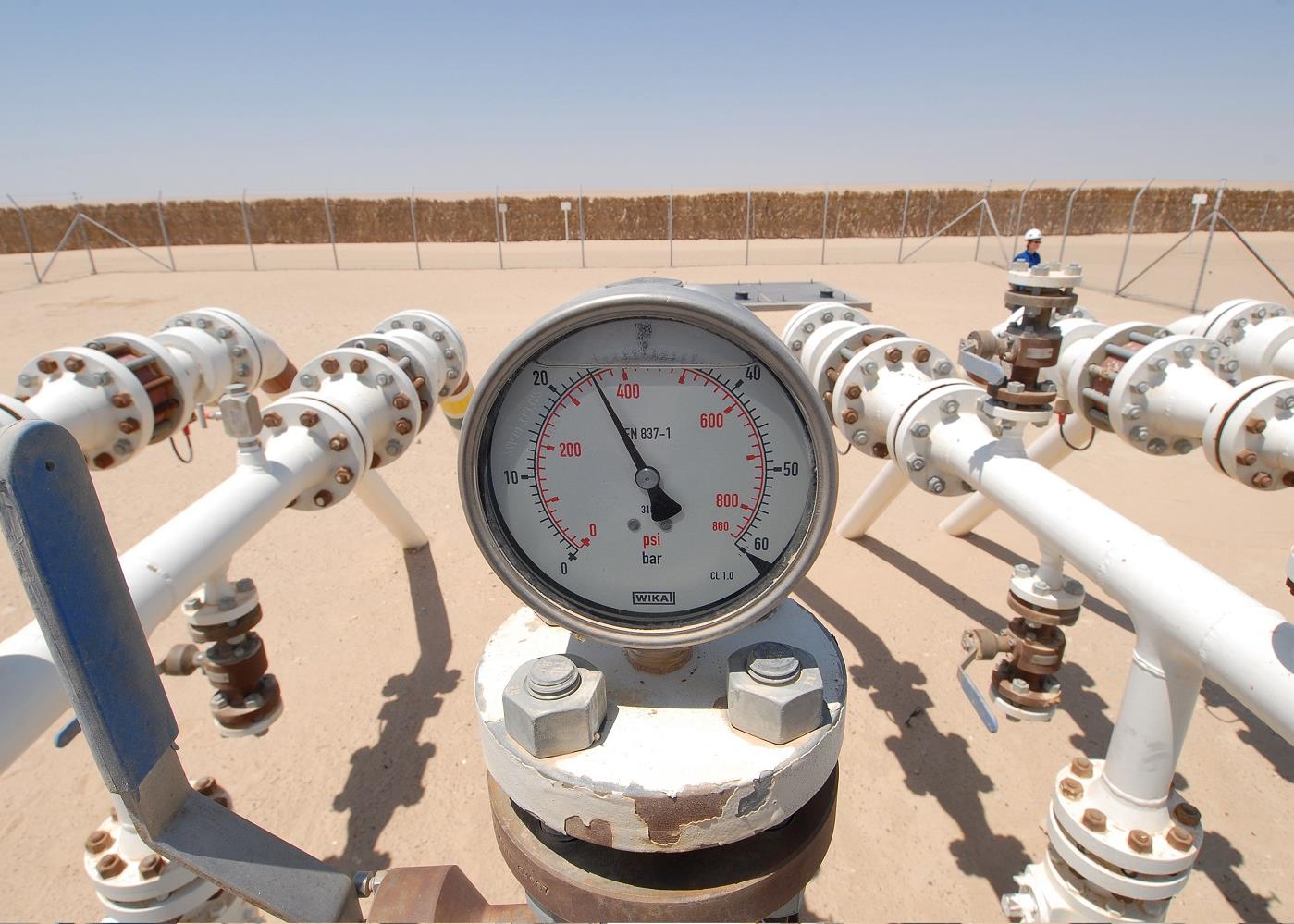
While Abu Dhabis onshore concession adds significant bookable reserves for oil majors, it falls short in relative profitability
For international oil companies (IOCs), the formation of a new joint venture to operate Abu Dhabis onshore fields will be the biggest deal in the region for many years in terms of oil reserves. The emirates fields represent about half of the crude production of the UAE, which is the third-largest oil exporter in the world.
Major fields such as Asab, Bab and Bu Hasa add significant bookable reserves to the portfolios of their current overseas operators, namely the UKs BP, the US ExxonMobil, UK/Dutch Shell, Frances Total and Portugals Partex. However, the current onshore concession Abu Dhabi Company for Onshore Oil Operations (Adco) falls short in relative profitability.
Abu Dhabis current partners in the concession are thought to be paid a flat sum of $1 for each barrel of oil produced from the fields. While this represented a strong return against crude prices when Adco was formed in 1978, the joint venture does not represent a significant source of profit for the IOCs today.
Abu Dhabis large upstream operators are 40 per cent-owned by IOCs, making the emirate the largest market in terms of bookable reserves. However, the UAE only represents 3 per cent of the current dollar value of oil majors reserves in the Middle East, compared with 74 per cent in Qatar and 14 per cent in Oman.
With at least 10 companies vying for a place in the new joint venture, Abu Dhabi has created a strong competitive environment where its established partners must compete with firms that have little presence in the Middle Easts upstream sector. This increased competition, along with the relatively low rate of return, could test the resolve of the existing partners to pursue the concession.
While the government seeks to make the terms of the concession attractive to IOCs with strong technology portfolios, it also faces pressure to maximise wealth creation in the emirate.
The UAE represents 3 per cent of the current dollar value of oil majors reserves in the Middle East, compared with 74 per cent in Qatar
You might also like...

Algeria signs oil deal with Swedish company
19 April 2024

Masdar and Etihad plan pumped hydro project
19 April 2024

Ewec signs Ajban solar PV contract
19 April 2024

Contractor orders compressors for onshore project
18 April 2024
A MEED Subscription...
Subscribe or upgrade your current MEED.com package to support your strategic planning with the MENA region’s best source of business information. Proceed to our online shop below to find out more about the features in each package.








